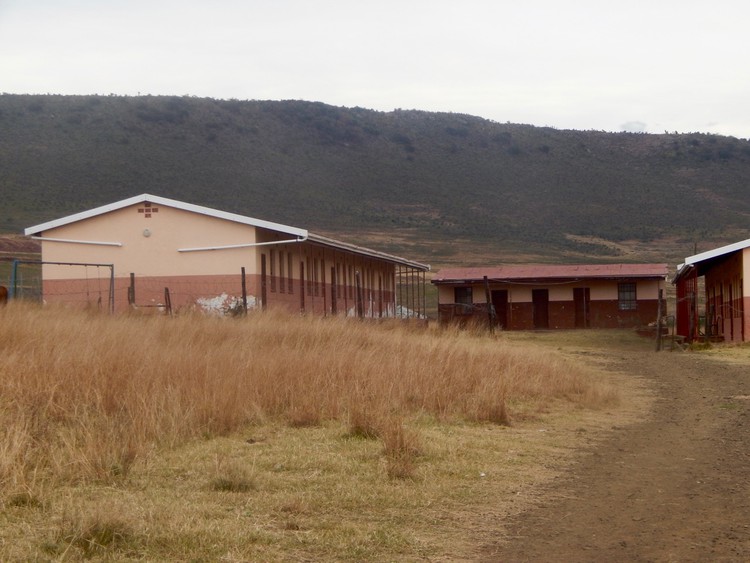School mergers worsen scholar transport problem
We have never merged two schools without consent or consultation with the community, maintains education department
Calls for scholar transport to be provided by the Eastern Cape Department of Basic Education have intensified. This follows a programme of rationalisation that has seen the closure and merger of a number of schools. Children have to walk greater distances to get to school as a result.
Anele Tiya had three children at Ross Junior Secondary near Mthatha before it was closed. “The new school is over 20 kilometres from our village. I have to use my children’s grant money to pay for their transport fees. I pay a combined amount of R360 per month for the transport,” she said.
Tiya said, “If the department could provide scholar transport we’d be relieved. I’d be able to buy groceries with the children’s support instead of spending most of it on transport.”
Another parent, Anelisiwe Nodalana, said, “My seven-year-old had to go and live with my relatives in a nearby [to the school] village … It’s hard living without my daughter because I’m used to having her around.”
Spokesperson for the Eastern Cape Department of Basic Education Malibongwe Mtima said, “The money for scholar transport is a grant. We only receive so much of it. It is hard to provide for everyone but we’re doing our best”.
South African Democratic Teacher’s Union (SADTU) Provincial Secretary Chris Mdingi said the department was merging schools without the necessary consent of the communities involved.
But Mtima denied this. “The systems and processes that must occur before the merger of two schools cannot be bypassed … There are intense engagements between the department and the involved communities prior the merger of any two schools … We have never merged two schools without consent or consultation with the community.”
Support independent journalism
Donate using Payfast

Don't miss out on the latest news
We respect your privacy, and promise we won't spam you.
Next: Power struggle between ANC and EFF in Brakpan turns violent
Previous: Living on the banks of a river of sewage
© 2018 GroundUp.
This article is licensed under a Creative Commons Attribution-NoDerivatives 4.0 International License.
You may republish this article, so long as you credit the authors and GroundUp, and do not change the text. Please include a link back to the original article.

